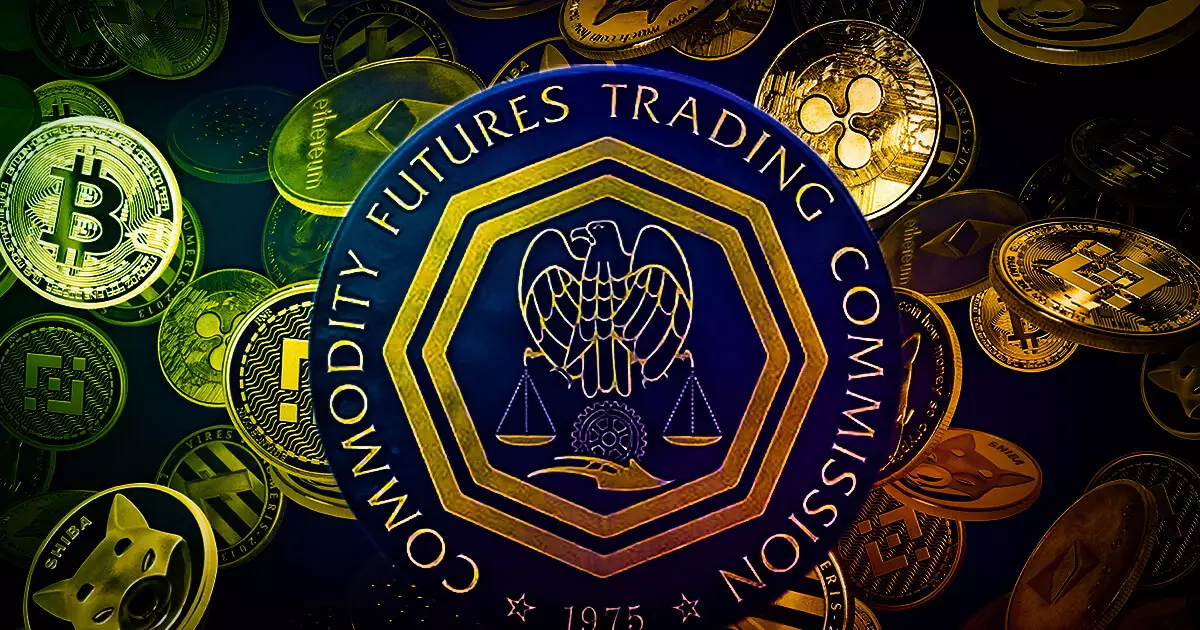In a landmark ruling on October 2, 2023, the United States Court of Appeals for the District of Columbia Circuit sanctioned the legality of prediction markets that facilitate betting on U.S. elections. This verdict emerged amidst the ongoing tussle between the U.S. Commodity Futures Trading Commission (CFTC) and Kalshi, a prominent prediction market firm. The ruling was a blow to the CFTC, which had sought an administrative stay, attempting to block Kalshi from offering contracts linked to U.S. electoral outcomes. The court’s decision was rooted in the determination that the CFTC failed to demonstrate that allowing such betting would cause irreparable harm to the public.
The legal skirmish unfolded on September 22, 2023, when the CFTC barred Kalshi from offering political contracts shortly after the company sought approval for a contract that would predict congressional control. This prohibition was met with legal resistance from Kalshi, which asserted that the CFTC’s restrictions were overreaching and not legally justified. Judge Cobb obliged by ruling in favor of Kalshi, setting the stage for the potential resumption of their election-related offerings. Tarek Mansour, Kalshi’s founder, jubilantly expressed this milestone on social media, signaling the official status of U.S. presidential election markets as legal.
Amidst this legal battle, political pressure intensified from several U.S. lawmakers. A coalition of eight legislators sent a letter to CFTC Chair Rostin Behnam in August, criticizing prediction markets related to elections. Prominent signatories included Senators Elizabeth Warren and Chris Van Hollen, who argued that elections should not be commodified and called for strict enforcement to preserve public trust in democratic processes. Conversely, Congressman Richie Torres proposed a more nuanced approach, advocating for the regulation rather than outright prohibition of these markets. This division highlights the complexities lawmakers face as they navigate the intersection of technology, finance, and electoral integrity.
Kalshi’s recent courtroom triumph could have far-reaching implications for the landscape of prediction markets, particularly those rooted in cryptocurrency such as BET and Polymarket. If the CFTC decides to adapt its regulatory practices in light of this ruling, we could see a flourishing of innovative platforms that tap into the public’s interest in electoral forecasts. This ruling not only sets a precedent for the legality of prediction markets in U.S. elections but also suggests a burgeoning acceptance of alternative mechanisms for engaging with political processes.
Furthermore, this situation raises important questions about the potential influence of prediction markets on voter behavior and public discourse. As these platforms gain visibility, their capability to shape political narratives cannot be overlooked. It is crucial for stakeholders, including regulators and consumers, to remain vigilant about the ethical implications of linking financial incentives to election outcomes.
The recent ruling by the D.C. Circuit signals a pivotal moment for prediction markets in the U.S. electoral landscape. As these markets continue to gain legal footing, society must grapple with both the opportunities and potential pitfalls they present. Regulatory bodies should strive for a balanced approach that fosters innovation while ensuring the integrity of democratic processes remains uncompromised. This evolving landscape presents a fascinating case study in the confluence of technology, politics, and market dynamics.


Leave a Reply